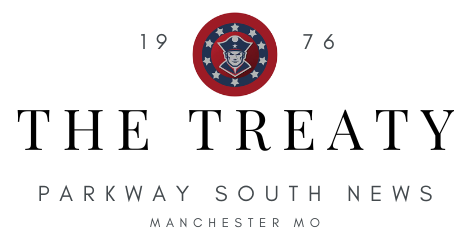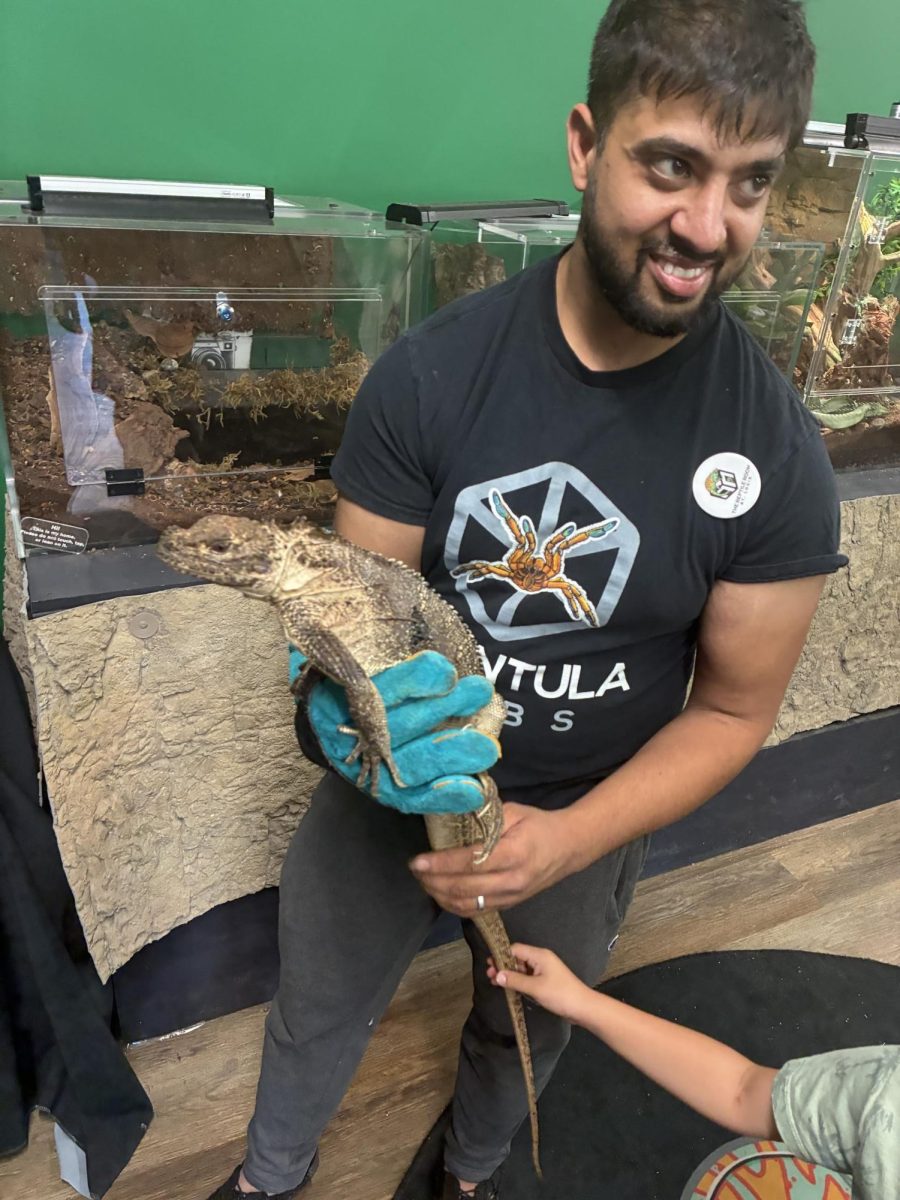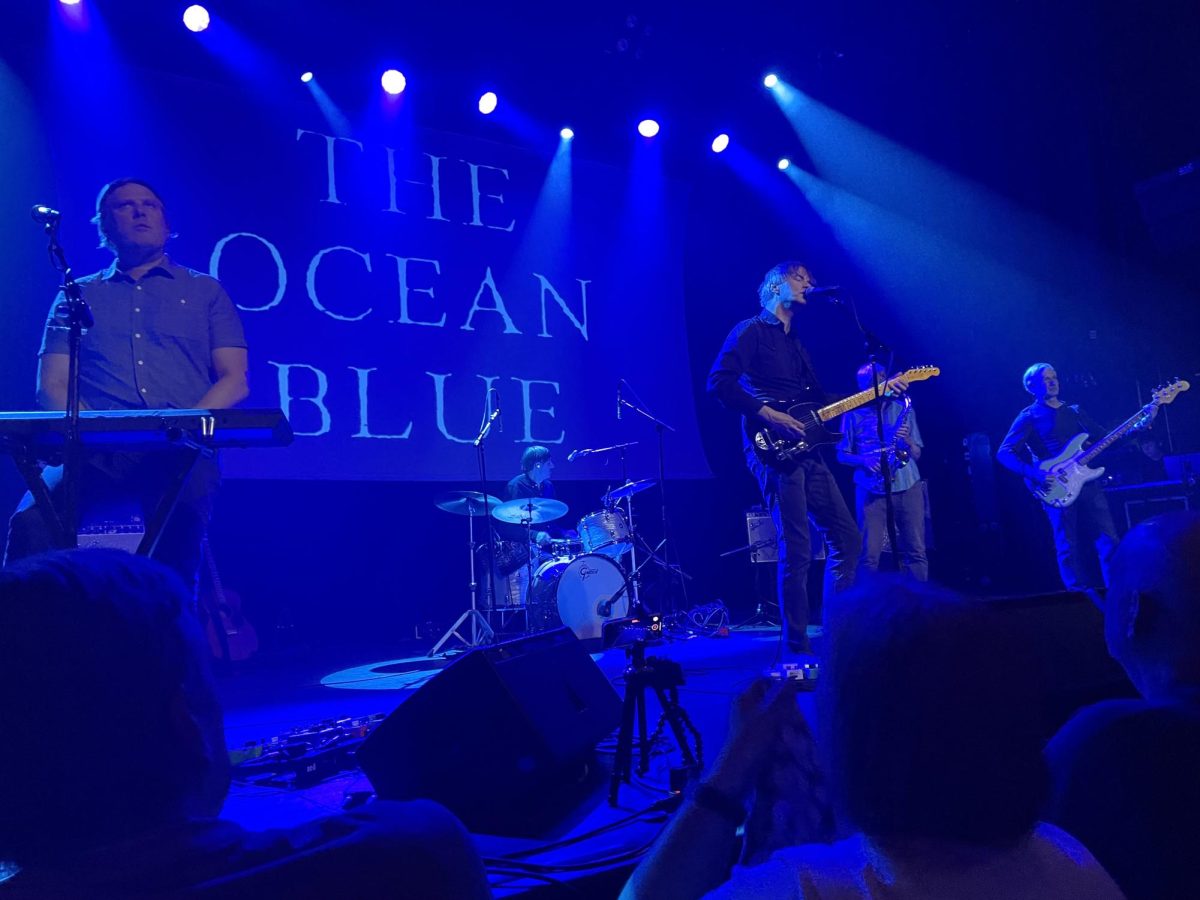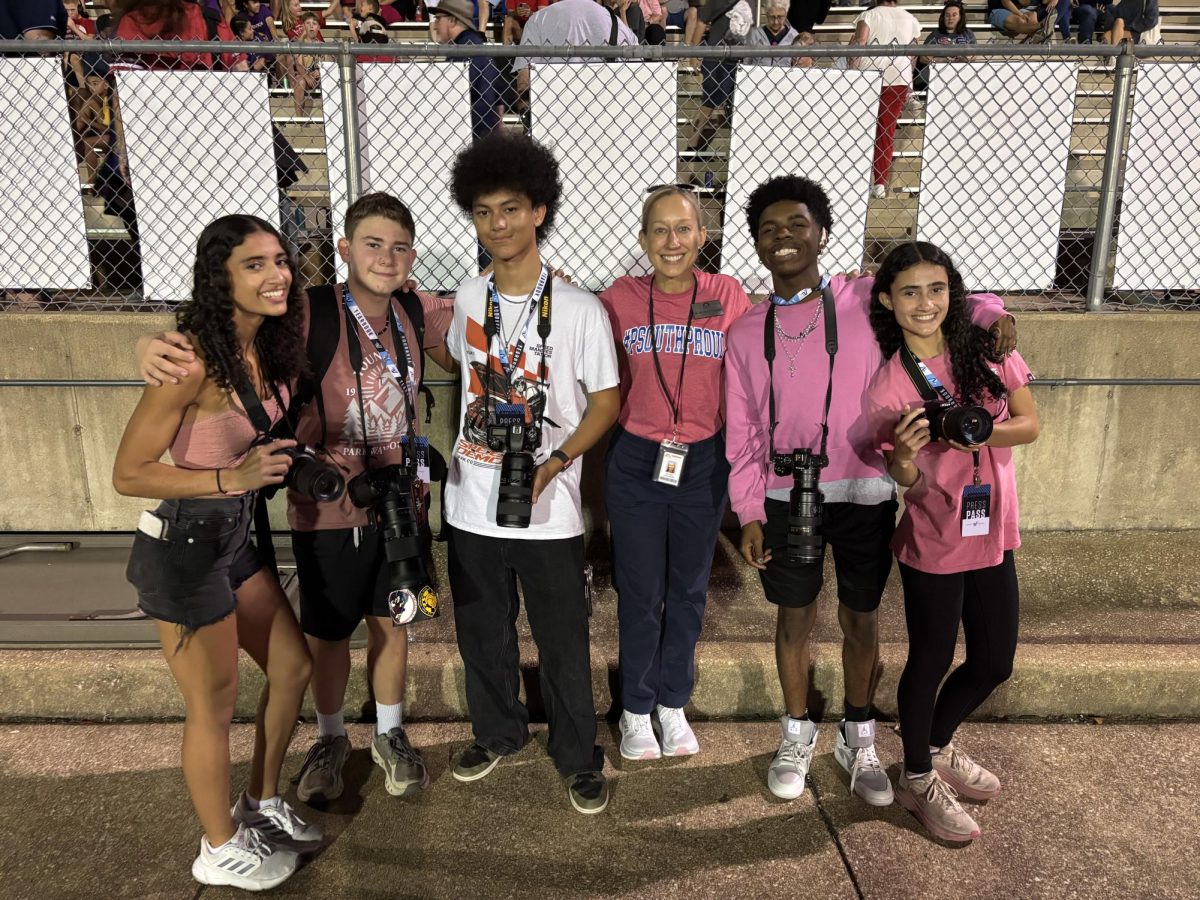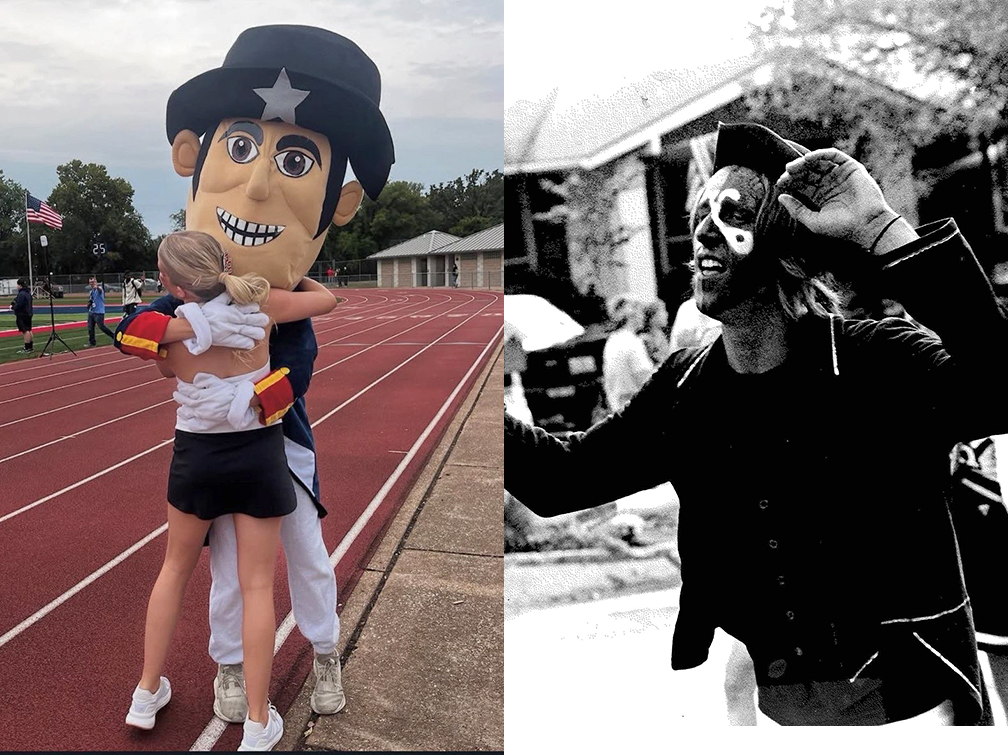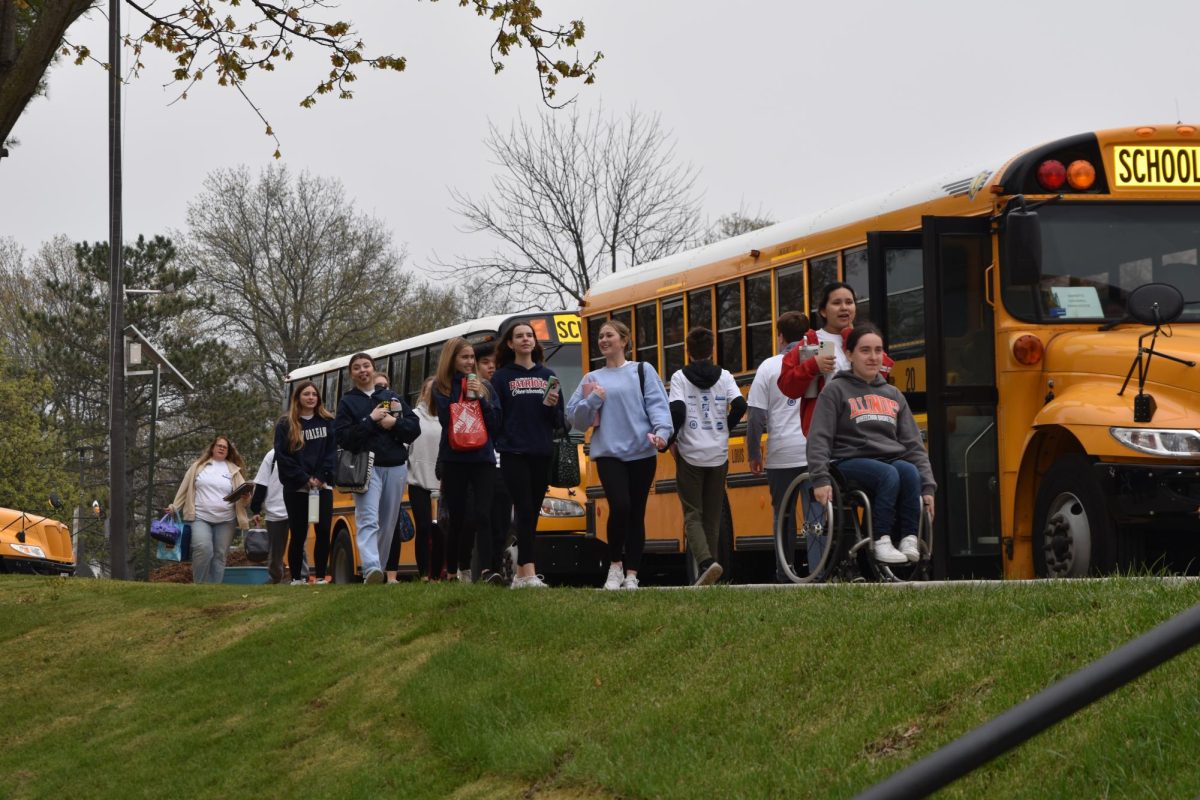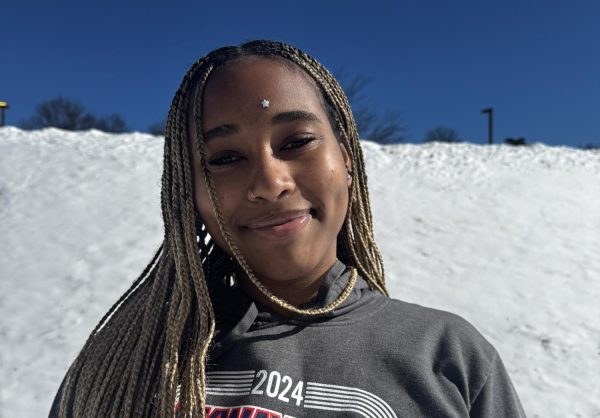Tyler the Creator, the 33-year-old California native, delves deep into his ties to black culture, alternative-rap, and childhood dynamics with the release of “Chromakopia.”
“Chromakopia” marks Tyler’s seventh studio album since his solo musical debut at 17 with ‘Bastard’: an album that was self-produced & self-released by Tyler. Prior to the release of ‘Bastard’, Tyler had been making music with the Odd Future (shortened from Odd Future Wolfgang Kill Them All) production & musical performance group that he had co-founded in 2007. The group has been on an indefinite hiatus since 2015, but members included Frank Ocean, Earl Sweatshirt, Syd, and many more artists.
To occasional listeners like myself, the release of “Chromakopia” quickly resonated with their black identity. Tyler’s lyrics of living with self-hatred & “texturism” (referring to the discrimination against thicker textures of hair found in African hair types) resonated with me as a black woman in “I Killed You,” and other listeners were able to resonate with the experiences they share with Tyler as a child of absentee parental figures in “Like Him.”
The 12th track on the album “Like Him” (feat. Lola Young), sparked a viral trend on TikTok: children posted themselves side-by-side with their parents to the audio, showing how close they look like their parents who feel so far away. The audio has over 289,000 videos with some users describing a deep emotional connection they found between the song, Tyler’s upbringing, and their own traumatic relationships with their parental figures. Tyler occasionally mentions his childhood with a father he “never knew” and a single mother, these relationships later inspiring “Like Him.”
“Like Him” begins with a feature from Tyler’s mother in the form of a voice note or voicemail, where his mother describes how similar Tyler is to his father; His mother’s voice provides him with an image of a man he’s never been able to see, yet closely resembles. While this absentee-dynamic can exist in any culture, it is especially prevalent in the Black-American community–Tyler mentions negative aspects of the Black-American experience again in the 6th song on the album, “I Killed You,” whose common theme is negativity around hair in black culture.
“I Killed You” is a song that on first listen I didn’t care much for, it being one of the lesser-discussed tracks on the album compared to “Balloon” among many listeners, (which features Doechii, a 26-year African-rapper who in recent years has headed an alternative pop-rap movement in female rap) but regardless of the musician significance Tyler’s lyricism of a more than a decade long career shines through. The lyrics included direct references to Black hair culture like “But I guess the coils and kinks became an issue… Type three, is type four?” (Black hair types are denoted through numbered types and letters, ie. 4C, 3B, etc.). Tyler explains in this song, trials of self-hatred that many black people go through related to their hair type and even skin color. From “Aunties, grandmas, sisters, ammas, darker-skinned women’s conscience” to “We don’t got advantages, we don’t match they images,” Tyler questions why Black people should feel subjected to styling their hair in oppressive ways when it grows in such a way naturally. Besides its poetic message promoting black-selflove, the track also includes background vocals from Daniel Caesar (Who provided background vocals on multiple tracks on Chromokopia) and Donald Glover, with Thundercat (known for Funny Thing & his collaboration with Silk Sonic on ‘After Last Night’).
To finish off the list of some of my favorite tracks on the album, let’s discuss “Sticky,” the 8th track on the album. “Sticky” features Atlanta-native GloRilla, Saint Louis & Normandy High School alum Sexyy Red, and household-named rapper Lil Wayne. With its brass section, remnant of a rowdy HBCU (Historically Black College & University) band section and heavy bass, the song is perfect for a late-night sports game or a loud social gathering. In an unknown setting, Tyler allegedly said that the song, and its format filled with a catchy hook and short-rap verse, the song was inspired by the types of raps students would make while beating on a lunch table or locker; It’s a song that gets adrenaline pumping through your veins and gets you hyped up.
Tyler debuted the album with a series of solo performances, and formally debuted it during his Camp Flog Gnaw (A festival he founded in 2012, that is also an anagram of Wolf Gang) sets in the festival that lasted from November 16th-November 17th of this year. During his set, he performed “Balloon” with Doechii (a bouncy, and alternative rap song), ‘Sticky’ with Sexy Redd, and many more.
Tyler’s tour will start February 4, 2025 with a performance in Saint Paul, MN, continuing all the way to September 4th with a performance in Perth, AUS after hitting over 15 countries. Unfortunately, Tyler will not be visiting St. Louis, but will perform in Kansas City and Chicago.
